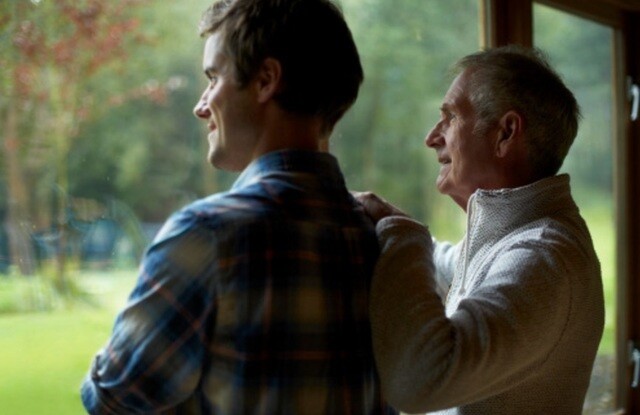Through my association in the Church and also in my clinical office, I have had many individuals confidentially confide in me that they feel they just do not fit in the culture of the Church. The reasons for not fitting in have ranged from personal perspectives, sexual orientation, marital status, financial issues, cultural backgrounds, age, and status in life, just to name a few. As I have listened to these various concerns, all very valid for the person experiencing them, I have realized that for most of us not fitting in comes down to the very basic human need of feeling wanted and loved.
I also know that needing love is a two-way street. Today, in this modern world where labels and individuality are celebrated, it is so important we remember and act upon the truth that foundationally at the biological, neurological, and spiritual levels we all need to feel loved and connected, which empowers us to be one. Regardless of perceived differences and the beauty of each individual, we all need human connection to thrive in the various areas of our lives.
Think for a moment how wonderful it is when you walk into a meeting, across the street, knock on a door, or into a room and someone calls you by name, embraces you, and then with honest sincerity and empathy asks how you are and lets you know how nice it is to see you. Far too often as a group or as a culture we tend to walk in and take a seat never talking to anyone, we gravitate towards those we know and are comfortable talking with, or we shy away from the person who we may falsely think we could have nothing in common with or are not sure what to say. In very sad instances, we think we can’t relate to individuals of different sexual orientation than ourselves or to those from different social economic classes.
We may also decide we are so different that no one wants us, so we may walk into a meeting with a very clear body language message: “Don't talk to me; leave me alone.” Then we get upset and wonder, “Why am I so alone?” This world may want us to see people or even ourselves as one dimensional, but we as our Heavenly Father’s children are of eternal dimensions.
As a single member of the Church, I enjoy the association of my married friends, my single friends, my friends who are of a different sexual orientation than myself, my friends who are older than me, and my friends who are younger. Each of these individuals have and do bless my life. From each and all of them I have learned such great lessons. From those who are single, I enjoy listening to the complex issues of trying to navigate the world and at times the Church culture, which they feel is more directed towards married individuals. I love hearing about the fun trips they are planning, their work, their families, their hopes, and their struggles. From my friends who identify as a different sexual orientation than myself, I learn about life choices, fun adventures with those who are their partners, their work, their struggles, their hopes, their dreams, and all the good they are trying to do in this world as well as their personal struggles to balance Church teachings and sexual orientation. From my married friends, I hear about kids, marital struggle, hopes, fears, etc. These conversations always remind me in the end that yes, we are different, and yet we are also in so many ways seeking the same things: to know love, to be loved, to love and to draw closer to Heavenly Father and Jesus Christ.
So, I encourage all to reach across the room, the road, or to a door and talk to those who are around you regardless of what may be perceived as differences and you just might make a long-lasting friend. Ask your ward member who is a different sexual orientation to go golfing or invite them and their partner over for Sunday dinner. Ask that single member to a family home evening or to join you in a good old-fashioned family board game. Invite a family you do not know to a backyard barbeque. Adopt an older single member of your ward as wise advisor. It does not take much to bridge gaps to make others feel wanted and loved. It does require you to act.
As I have taken time to get to know those around me and even total strangers, I have come to realize I no longer see them in this identity group or that, but just as my friends who may have different and similar struggles as I do but who are trying to do their best whether they are active or inactive in the Church. As a matter of fact, some of the most impactful ministering I have experienced in my life has been from those who the world would say do not fit the Church’s mold. But we know all fit our Heavenly Father’s mold as we strive to stay true to eternal principles.
To help all feel loved and needed, it is important we return to the truth of human connection and human contact. We need to be needed. We need to be loved. My clinical research indicates we need eight hugs a day for eight seconds each, just to be emotionally stable. How wonderful it would be if we all could receive and give the beauty of human connection and contact to those we meet regardless of labels or pathways
Lead image from Getty Images



